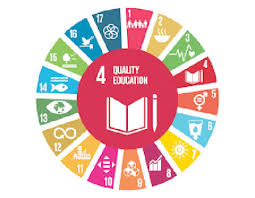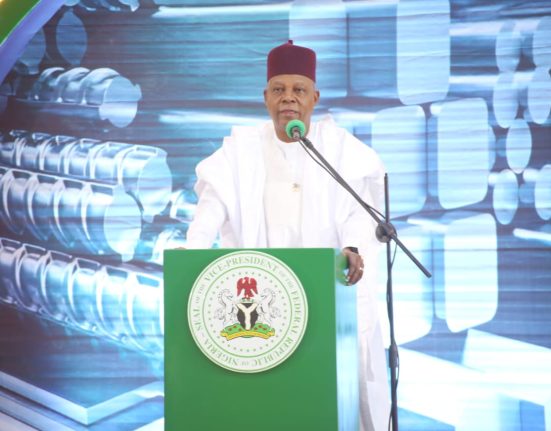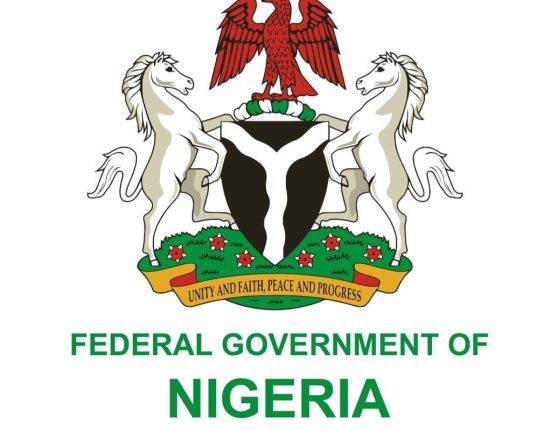Education remains the bedrock of national development, and for Nigeria, achieving Sustainable Development Goal 4 (SDG 4) — ensuring inclusive and equitable quality education and promoting lifelong learning opportunities for all — is both an urgent necessity and a formidable challenge. However, experts argue that with the right transformative policies, Nigeria can dramatically accelerate its journey towards meeting this global commitment by 2030.
Currently, Nigeria faces significant educational hurdles. According to UNESCO, the country accounts for about 20% of the world’s out-of-school children, with nearly 10.5 million children aged 5–14 not attending school. Factors such as insecurity, poverty, inadequate infrastructure, and gender disparities have continued to hinder educational access and quality, particularly in the northern regions.
Yet, there are growing signs that bold policy reforms can turn the tide. Initiatives such as the Federal Government’s Better Education Service Delivery for All (BESDA) programme, aimed at reducing the number of out-of-school children, and the recent push towards digital learning platforms signal a shift toward more inclusive, technology-driven educational models.
Education policy analysts believe that transformative policies must prioritize three critical areas: access, quality, and equity. Expanding compulsory, free basic education to truly reach marginalized communities — including displaced persons and children with disabilities — is seen as a fundamental starting point. According to the National Policy on Education, Nigeria mandates nine years of free basic education, but weak enforcement and underfunding have hampered effective delivery. A transformative approach would require not just enacting laws but ensuring robust implementation with clear accountability mechanisms at federal, state, and local levels.
Improving the quality of education is equally vital. UNESCO’s Global Education Monitoring Report points out that in many Nigerian schools, especially in rural areas, a significant proportion of teachers are either unqualified or poorly trained. Transformative policy must address teacher recruitment, training, and retention through better incentives, continuous professional development, and deployment strategies that ensure even the most remote areas are not left behind.
Equity remains the third pillar. Girls, children in conflict zones, and those from low-income households often face the steepest barriers to education. Recent government interventions, such as the Adolescent Girls Initiative for Learning and Empowerment (AGILE), funded partly by the World Bank, are positive steps. However, scaling such programmes nationwide would require a stronger policy framework that explicitly targets vulnerable groups and dismantles socio-cultural barriers limiting their access to education.
Beyond formal schooling, lifelong learning opportunities must also become a central focus. In an economy where digital skills are fast becoming prerequisites for employment, policies must create flexible pathways for adult education, technical and vocational training (TVET), and continuous skills upgrading. Already, the Skill-UP Artisans (SUPA) initiative, launched in 2024, aims to equip 10 million Nigerians with tech-enabled artisan skills — a model that, if expanded, could support SDG 4’s lifelong learning ambitions.
Public-private partnerships, increased budgetary allocation to education (well above the current less-than-10% of national budget), and community-driven accountability frameworks will be essential in sustaining momentum. Analysts insist that unless Nigeria moves from rhetoric to practical, large-scale interventions backed by strong political will, the dream of achieving SDG 4 may remain elusive.
Ultimately, the future of Nigeria’s development lies in the hands of its young population. Transformative educational policies offer a potent pathway — not just to meet international goals — but to unlock the human capital potential that will drive the nation’s prosperity for generations to come.







